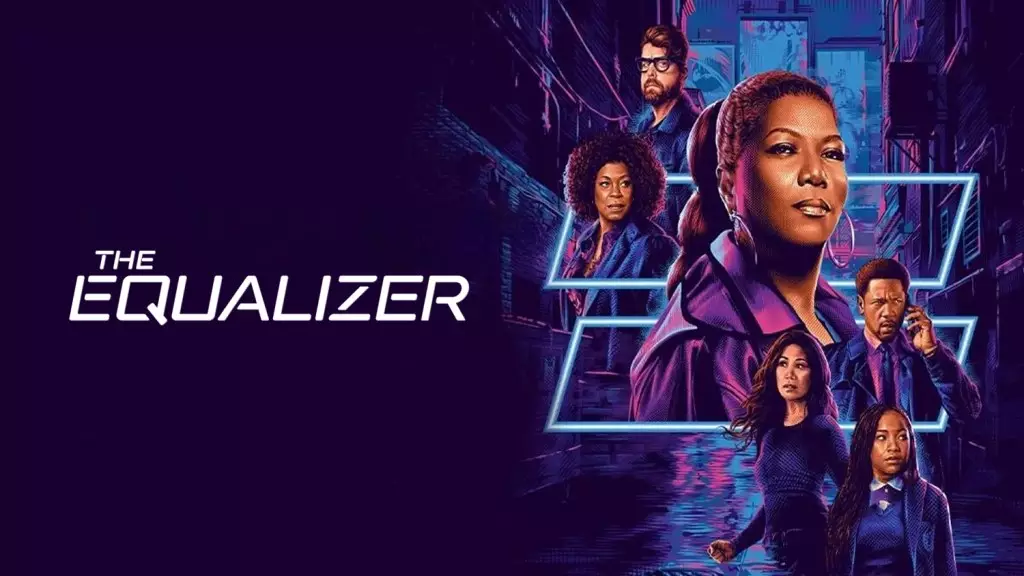In an era dominated by reboots and beloved franchises, the cancellation of CBS’s crime drama The Equalizer marks a somber moment for fans and television enthusiasts alike. The show, featuring the powerful Queen Latifah as Robyn McCall, was not only significant for its compelling storytelling but also for its groundbreaking representation. It was the fourth network primetime drama led by a Black woman, making strides in both diversity and visibility in an industry where such representation is still perilously sparse. The decision not to renew the series for a sixth season has sent ripples through its fanbase and raised questions about the direction of modern television programming.
The landscape of television is ever-shifting, and unfortunately, decisions around which shows survive often boil down to financial considerations rather than creative merit. The Equalizer’s final season, Season 5, ends with a finale that many speculate was purposefully crafted to double as a series finale. This foresight from the creative team hints at an awareness of how precarious the show’s fate was. While it boasted strong ratings during its early years—premiering right after the Super Bowl—viewership dwindled over time, which ultimately proved detrimental.
Behind the Curtains: The Complexity of Production Relationships
In the realm of television production, the ties between studios, network executives, and showrunners can become incredibly complicated. The Equalizer, produced by Universal Television, was affected by a series of factors that ultimately led to its demise. Despite agreed-upon budget cuts aiming to appease CBS, the cancellation signals a broader shift in how network executives weigh the viability of scripted content. The business model is rapidly changing, as CBS is not alone in shedding shows that have hit their peak. The wave of early renewals earlier this season left several series—which had completed their seasons—hanging in the balance, with only a handful seeing renewal.
It’s particularly notable that all the dramas ultimately canceled this season originated from outside studios. It raises questions about the potential biases faced by productions that aren’t wholly owned by the network. Having only one show—The Neighborhood—renewed amidst a shake-up emphasizes the precarious nature of scripted programming. The forced compromises signed by the producers showcase an industry grappling with how to adapt.
A Blend of Nostalgia and Fresh Perspectives
The Equalizer was a reimagining of an iconic 1980s series, and it’s disheartening to see such creative reinterpretations face the axe, especially when they challenge traditional narratives. Queen Latifah’s portrayal of Robyn McCall, an enigmatic ex-CIA operative turned vigilante, offered not just entertainment but also meaningful discourse on resilience, justice, and community empowerment. By helping those marginalized by the system, the character resonated with audiences looking for relatable heroes in a time of societal turbulence.
The roots of its plight speak to broader systemic issues in television production, particularly when it comes to the value placed on original storytelling against safer, more commercially viable properties. While spinoffs and established franchises often dominate the limelight, shows like The Equalizer introduce fresh perspectives and narratives that break conventional molds.
The Future of Representation in Television
Beyond its cancellation, the implications of The Equalizer’s end reverberate throughout the struggle for diverse representation in media. It serves as a significant reminder of the uphill battle for shows led by individuals from underrepresented groups. The industry must seriously reconsider how to support and nurture these vital narratives rather than relegating them to the margins as financial risks.
Despite the cancellation being a harsh blow, it has ignited further discussions on representation, storytelling, and the financial undercurrents that drive creative decisions. What remains to be seen is whether the industry will take these lessons to heart, allowing opportunities for diverse stories to take root in a climate that continues to favor secured financial returns over artistic merit.
The Equalizer may have concluded, but its legacy could inspire future projects to forge ahead, proving that stories led by marginalized voices are powerful, necessary, and deserving of space in our cultural dialogues. The narrative of Robyn McCall might have come to a close, but there is hope that her story creates an enduring call for equity in storytelling across the television landscape.
